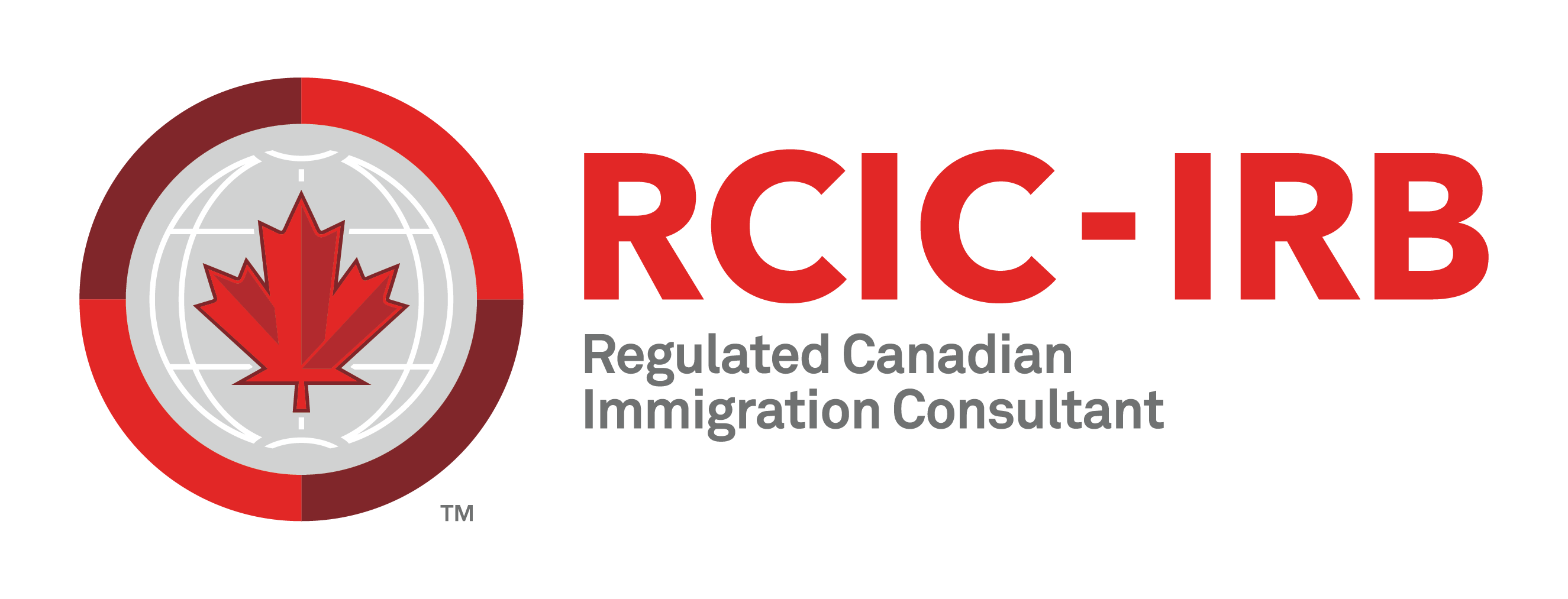As the summer season approaches, Atlantic Canada’s restaurants are preparing to welcome tourists and locals alike. But this year comes with a twist: new immigration policies are reshaping how the region sources its workforce. While the changes pose challenges, they also create opportunities for adaptation, innovation, and informed decision-making.
If you’re a foreign worker or an employer in the food service sector, now is the right time to explore your immigration options and book a consultation with RCIC to stay ahead.
Policy Update: Immigration Changes Ahead
The federal government recently reaffirmed its plan to cap temporary foreign workers and international students at less than 5% of the national population by 2027. While this aims to balance immigration with housing and labor market needs, it will shift how industries, especially hospitality, hire and retain staff.
In Prince Edward Island (PEI), the 2025 allocations for both the Provincial Nominee Program (PNP) and Atlantic Immigration Program (AIP) have been cut in half. This move reduces the number of new permanent residency nominations from 2,050 to 1,025.
The Food Service Sector: A Resilient Industry
Despite the policy shift, the restaurant industry in Atlantic Canada has long proven its resilience and creativity. From adapting to pandemic restrictions to embracing digital ordering systems, hospitality businesses are no strangers to change.
Now, many are revisiting recruitment strategies, exploring automation, adjusting hours, and most importantly, seeking out alternative immigration pathways for their valued workers.
For foreign workers with experience in this sector, this is an important moment to reassess eligibility for other streams like the NLPNP or employer-specific work permits.
Why Foreign Talent Still Matters
Atlantic Canada continues to rely on international workers for two key reasons:
- A smaller, aging population
- A need to support seasonal demand during tourism peaks
Foreign talent isn’t just filling roles, it’s helping small communities thrive. Workers bring fresh energy, skills, and cultural diversity to restaurants, enriching the dining experience for everyone.
Even with program caps in place, some provinces are still issuing invitations to candidates in high-demand or rural job roles. The key is to act early and stay informed about changing requirements.
What You Can Do Today
If you’re a foreign worker currently in Canada or overseas:
- Keep your EOI profile updated
- Look into alternative provincial nominee streams
- Ask your employer about employer-driven programs
- Book a consultation with RCIC to create a personalized strategy
If you’re an employer:
- Explore retention incentives for existing staff
- Partner with immigration professionals to access new streams
- Prepare your business for seasonal staffing with a proactive plan
Staying Positive and Proactive
Change always brings challenges, but it also opens new doors. While the new immigration targets call for adjustments, they don’t signal the end of opportunity. Businesses, communities, and individuals who plan ahead can still achieve their goals in Canada.
New Immigration Policy Brings Change to Atlantic Canada’s Hospitality Workforce
The new immigration policy brings change to Atlantic Canada’s hospitality workforce, but it’s far from a dead end. Employers and workers who take early action, explore new options, and stay informed will continue to succeed in this dynamic sector. If you’re ready to adapt and move forward, don’t delay Book a consultation with RCIC today and take the first step toward securing your future in Canada.
Add ImmigCanada to Your Google News Feed











Leave A Comment
You must be <a href="https://zfcanada.com/wp-login.php?redirect_to=https%3A%2F%2Fzfcanada.com%2F2025%2F05%2F22%2Fnew-immigration-policy-brings-change-to-atlantic-canadas-hospitality-workforce%2F">logged in</a> to post a comment.